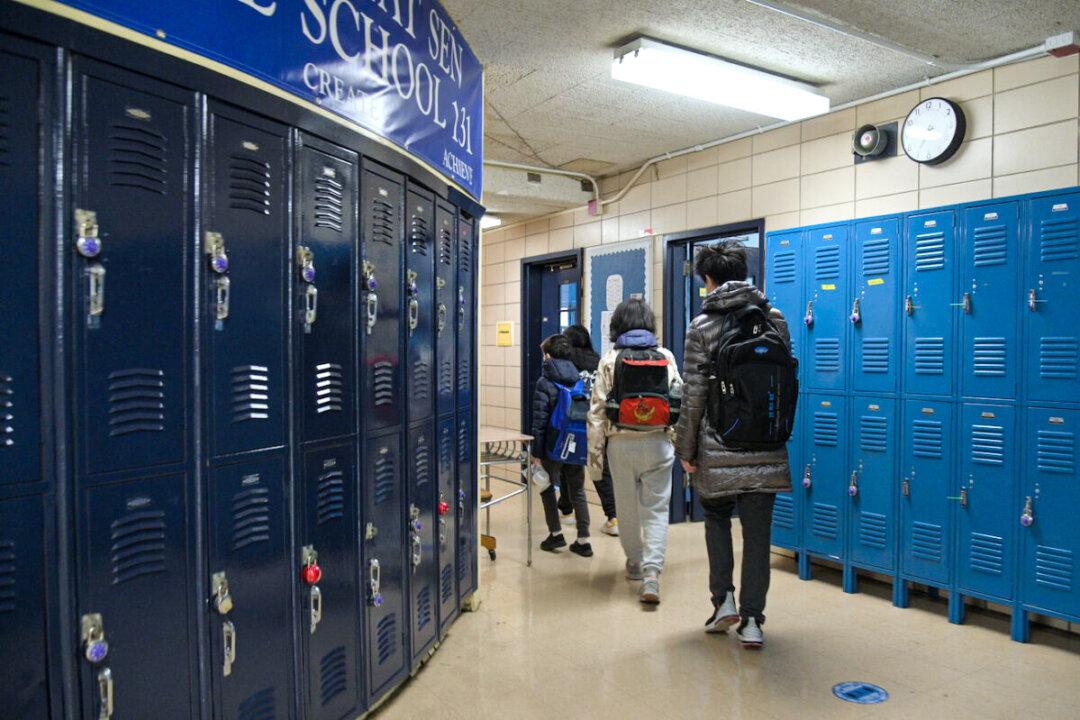After two consecutive school years marks by on-and-off school closures and online instructions, most American parents now worry more about their children falling behind academically than potentially getting COVID-19 at school, according to a new survey released Friday.
The survey was conducted by Pew Research Center among 2,241 American parents with children in K-12 from Jan. 24 to 30, with a margin of error of plus or minus 3.3 percentage points and a 95 percent confidence level. The respondents were asked how much do they care about the possibility that students will fall behind academically without in-person instruction.





